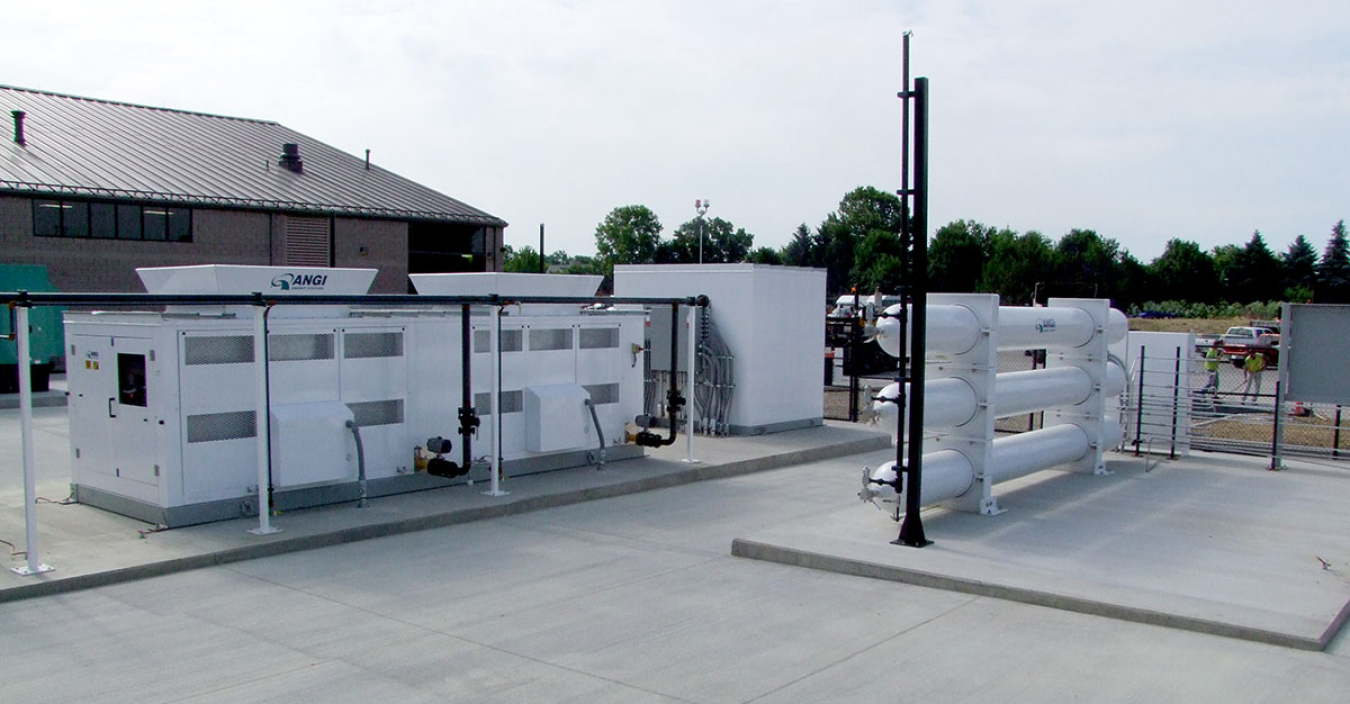Matheson Trucking Inc. might not be part of the federal government, but the company competes for federal contracts. In applications for federal mail carrying contracts, Matheson often specifies that certain routes will operate on compressed natural gas (CNG) as part of their sustainability strategy. Matheson plans to acquire 25 natural gas vehicles (NGVs) in the first quarter of 2020 and another 25 later in the year to service these contracts. The new vehicles will supplement approximately 70 existing NGVs in the company’s fleet.
But federal contracts are not the only reason to acquire NGVs. According to Matheson Fleet Manager Dan Shandy, the company's own commitment to sustainable practices, as well as lower fuel costs and more predictable maintenance, also propel the push for CNG fuel use. Even with a 20-percent reduction in fuel economy compared to diesel tractors and an additional $40,000–$50,000 cost for the NGV fuel system and tank, CNG offers a good return on investment from fuel savings alone.

"CNG vehicles continue to grow in the heavy-duty marketplace for many reasons," said John Gonzales, a gaseous transportation fuels expert at the National Renewable Energy Laboratory. "Emissions play a large role in regulated environments, and many fleets are seeing a return on investment that is providing for a strong business case to operate on CNG. In addition, not having to deal with the complex diesel aftertreatment systems on modern diesel engines is another strong consideration."
NGV maintenance tends to be steadier and often less costly over the long term compared to diesel trucks. As Matheson's diesel trucks age, they tend to experience more problems with aftertreatment systems, including particulate filters and exhaust gas recirculation systems, while CNG runs more cleanly and uses only a simple three-way catalyst for exhaust treatment. NGV drivers may complain initially about using an unfamiliar technology, but they like returning home without the smell of diesel fuel on their clothing.
The primary additional maintenance for NGVs compared to diesel vehicles is spark plug replacement and tank inspection, although tank inspection requirements have changed from three years or 36,000 miles to an annual inspection for heavy-duty vehicles—unless the vehicle is involved in an accident, in which case the tank must be inspected immediately.
Shandy has learned a few lessons along the way. He recommends ensuring that drivers and mechanics have the proper training to find CNG stations, identify the different mechanical issues associated with NGVs, and set up preventive maintenance programs specific to the technology. He notes that engine original equipment manufacturers (OEMs) like Cummins and fuel system providers like Agility are very willing partners and have a lot of knowledge to share with companies like his. According to Dan, "If you work closely with fuel service providers and OEMs, things go much more smoothly in every aspect."

